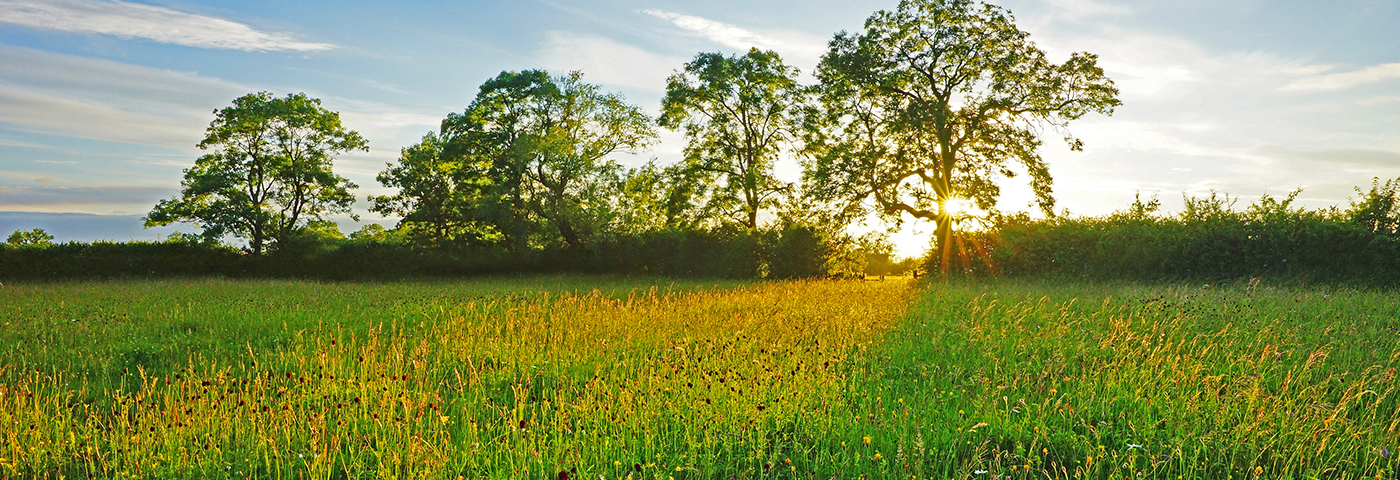Today is the UN’s International Day for Biodiversity.
This year being the UN’s International Year of Sustainable Tourism for Development, the theme is ‘Biodiversity and Sustainable Tourism’.
Last Sunday, I spent three hours eating weeds in a graveyard in South West London.
When most of us hear the word biodiversity, the images that come to mind are coral reefs and Amazonian rainforests, multicoloured tropical birds and immense megafauna. These are the images that fill our tourism marketing. But unless you happen to live in one of the world’s biodiversity hotspots that are home to such wonders, the chances are such species are far far away, and probably involve a very long flight or two.
This is problematic.
On the one hand, tourism in such places can do a remarkable amount to help. Think of the work protecting rhinos by the most conservation-minded safari companies. Or that when National Geographic released its first Sustainable Tourism Impact Report recently, assessing the work of the 55 hotels and lodges in its collection, it found that the members had rehabilitated and protected over 3.7 million acres of land and sea in less than two years.
On the other hand, this tourism is also unavoidably a contributing factor to aviation emissions and the climate change they cause, because it is mostly enjoyed by people who flew there from another continent. Climate change is meanwhile wreaking havoc on biodiversity, whether through melting glaciers or threatening the likes of Australia’s Great Barrier Reef with the loss of up to 95% of its living coral by 2050.
How bad is it?
One paper published in Nature in 2015 revealed that the Amazon is losing its capacity to absorb carbon. Another recent study of warming temperatures in the Alaskan tundra found that it has become a net emitter of carbon dioxide. As the lead author of the study, Róisín Commane explained: “Because it’s getting warmer, there’s more CO2 coming out which means it’s going to get warmer which means there’s more CO2 coming out. And it will just run away with itself.”
Which brings me to a sunny Sunday morning in the graveyard that surround All Saints Church, in Fulham, South West London. I was there for an urban foraging course with Robin Harford, creator of the UK’s leading wild food site, EatWeeds.
Urban graveyards are an under-appreciated repository of biodiversity. During my three hours I was introduced to – and tasted – countless plant species. Magical sounding herbs whose names and tastes I had never experienced before, such as Green Alkanet, Cleavers, Lemon Balm, Sweet Cicely and Herb Robert.
I chewed them all. Learned about their history and folklore. Imagined a few recipes they could work in. And enjoyed three remarkable, revelatory hours of discovery only a few miles by tube from my flat.
I left asking myself why I don’t do things like this more often. Why tourism experiences that involved the appreciation of biodiversity get compartmentalised into something that happens on holiday, somewhere else. Why I can identify more bird species in the Kruger Park than in the UK.
This matters, because while I may know and love the call of a Burchell’s Coucal, the rainbird, I rarely get to hear it. On the other hand, when tourism brings me closer to the biodiversity on my doorstep, it enriches my everyday. It makes me more aware of the community of species with whom I share my little patch of North London. As Robin Harford put it on our walk last week, it helps us to ‘know our place in the world’.
It matters all the more, because if we are to have truly responsible tourism, we are going to have to dramatically reduce the amount of flying that gets done in its name.
Some of this may come from legislation. Some may come if laptop bans, overbooked seats and strip searches in customs continue to make the experience ever less pleasurable.
But some of it must come from the stories we bloggers and marketers and communicators tell. We’ve spent years travelling the world and whetting people’s appetites for its distant wonders. Now we need to shift our gaze closer to home, and celebrate much easier to reach marvels too.



Very useful Information Jeremy Smith. Good sharing